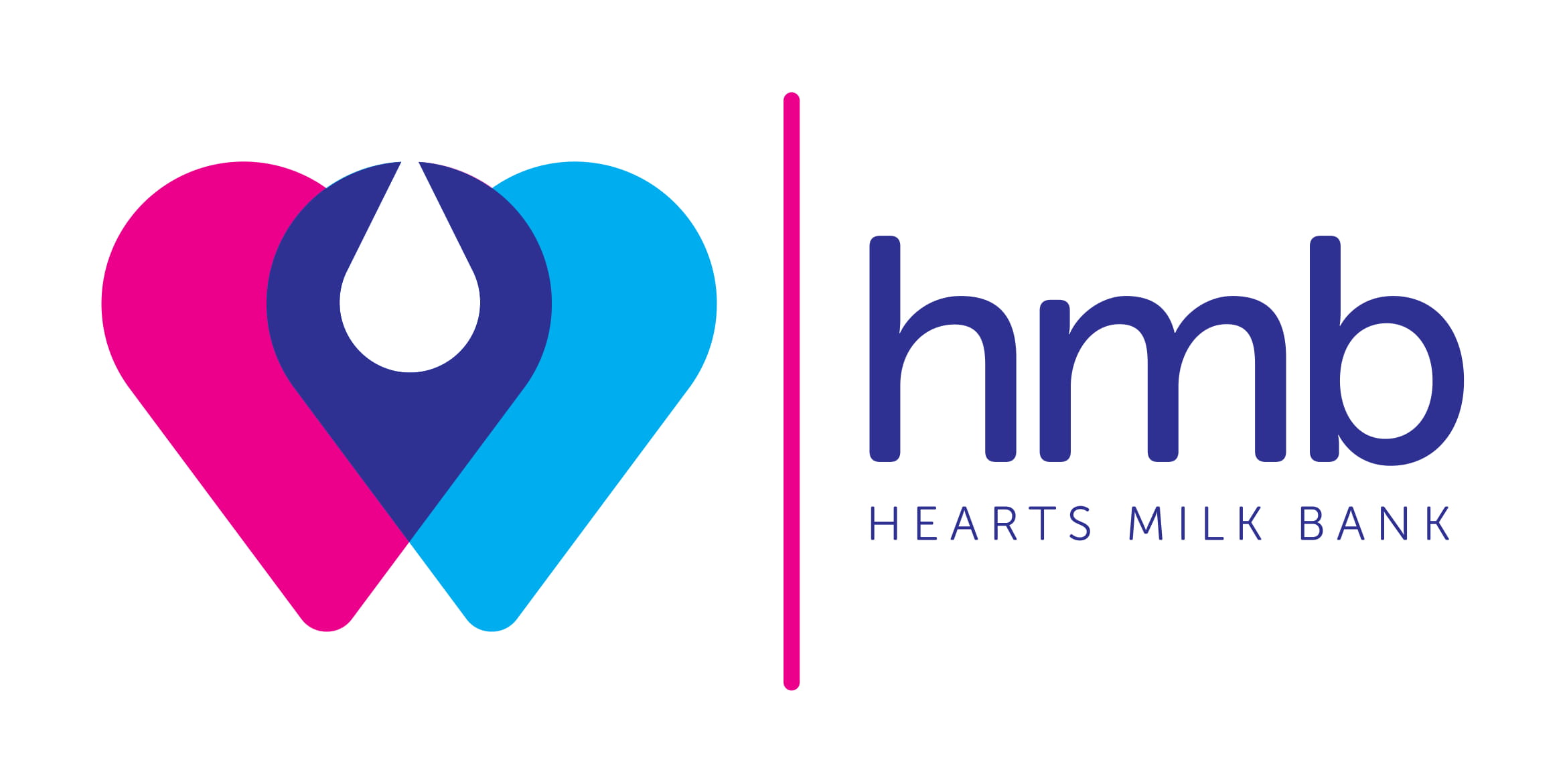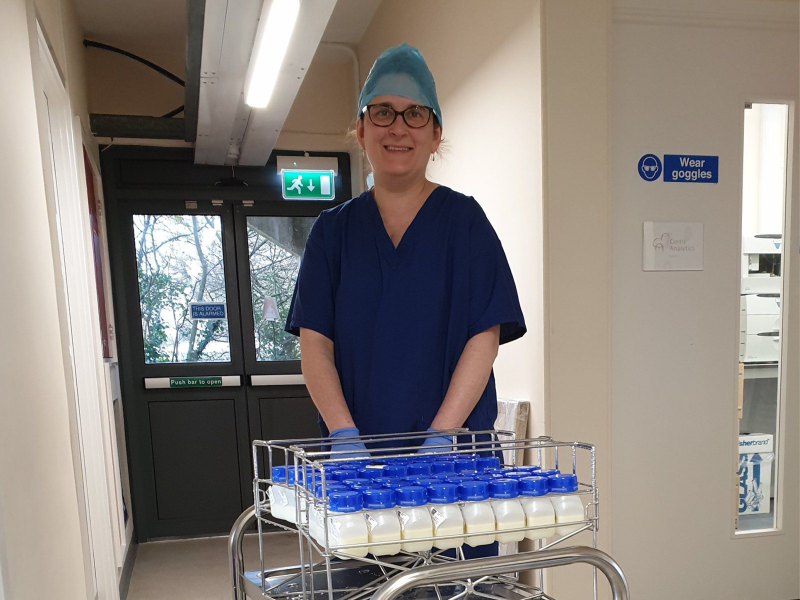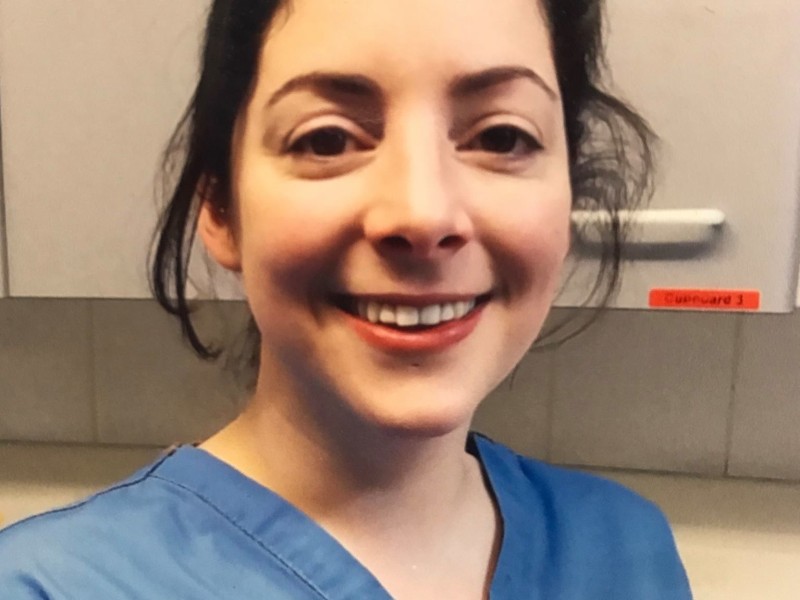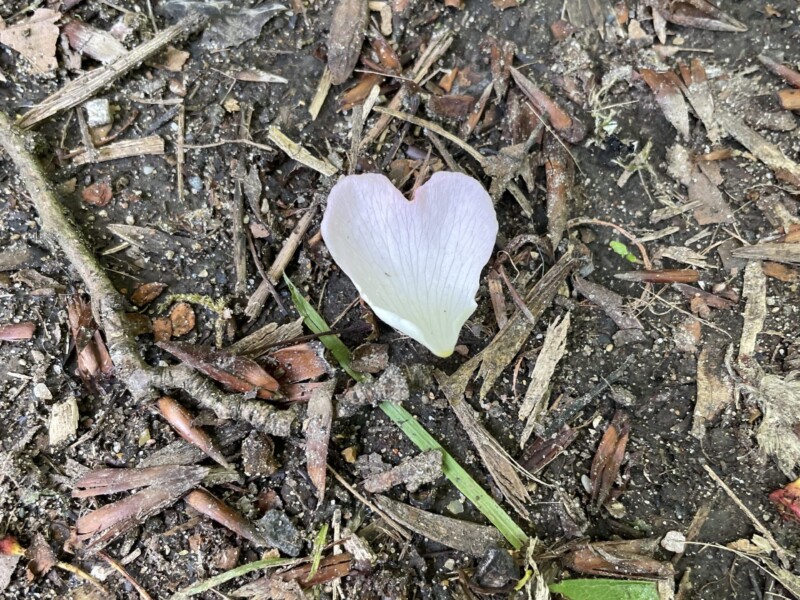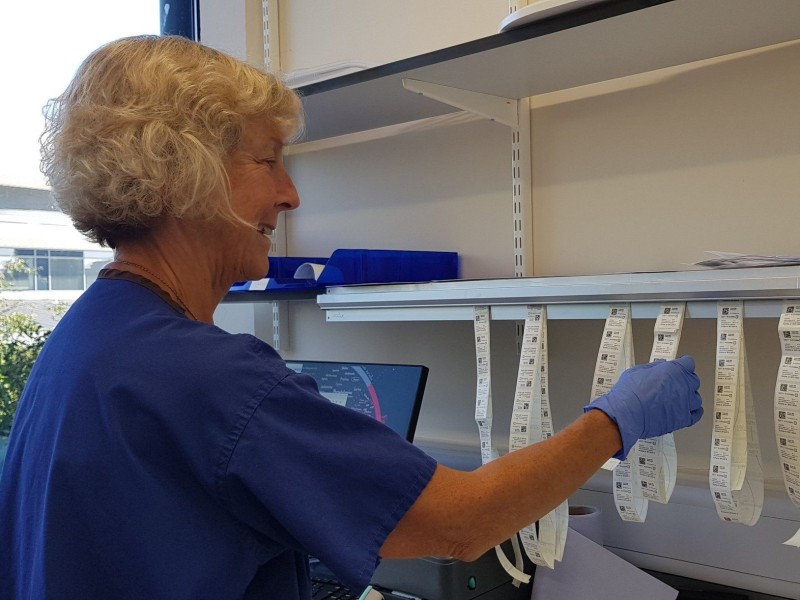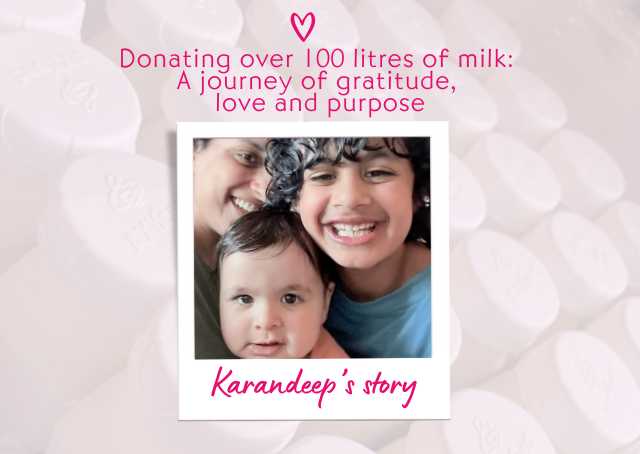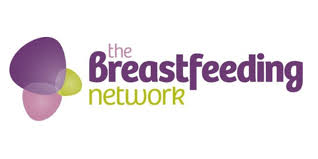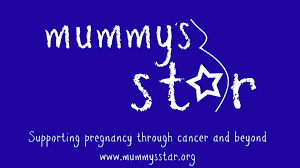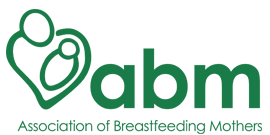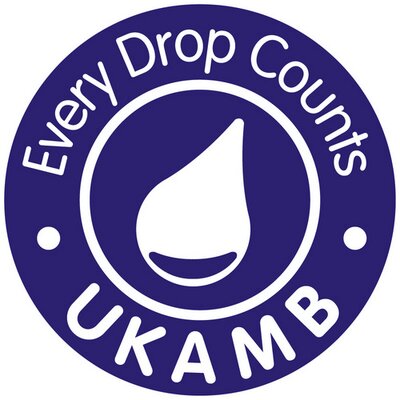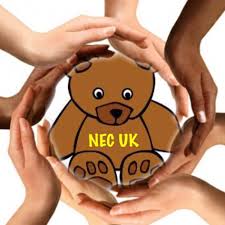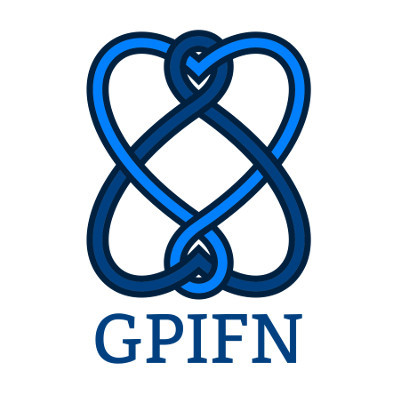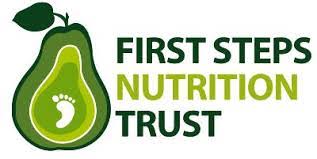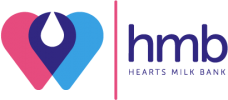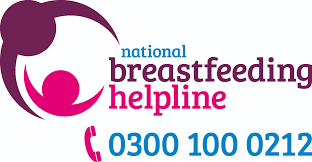Training
The Hearts Milk Bank is committed to ensuring that donor human milk is used safely and appropriately within the context of optimal lactation support. To help support teams on neonatal units, we are developing a series of modules that can be accessed individually, giving staff the skills and information needed to maintain safe handling and answer all questions parents might have.
We can also provide resources for parents that can help support your work:
- Information leaflets for parents on the use of DHM for their babies – download here
- Consent forms for parents – download here
- Information about becoming a milk donor – download here
- Information on supporting mothers in lactation choices after the death of a baby, including how to donate milk – download here
If you access DHM already from the Hearts Milk Bank, hospital staff can access online training modules and receive CPD points towards their own professional development. The following modules are available, but please get in touch if you would like to be kept posted when new ones launch:
- Course 1: Understanding the operation of human milk banks – register here
- Course 2: Handling donor human milk in hospitals – register here
If your unit does not use DHM from Hearts but would like to access training, please contact the team on info@humanmilkfoundation.org.
If you would like to arrange in person training or a seminar on the latest research on human milk banks, please email info@heartsmilkbank.org.
If you are interested in starting to use DHM from Hearts, read about our service provision here or contact the team directly on info@heartsmilkbank.org.

